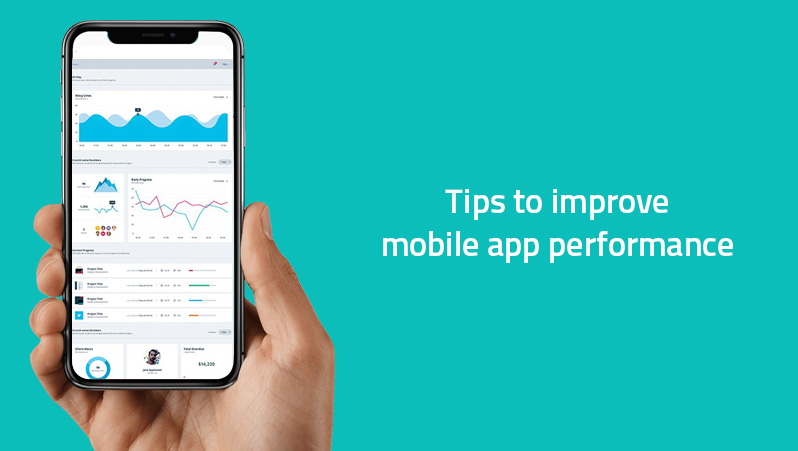Introduction: In today’s competitive mobile app market, performance is a key factor that determines an app’s success. Users expect apps that are fast, responsive, and efficient. If your mobile app is struggling in terms of performance, it’s crucial to take action and optimize its performance. In this blog post, we will explore five effective ways to improve your mobile app’s performance and provide a seamless user experience.
- Optimize Speed: Speed is paramount when it comes to mobile app performance. Users have little patience for slow-loading apps. To enhance speed, consider techniques such as code optimization, caching, and minimizing resource-intensive operations. By streamlining your app’s code and reducing unnecessary network requests, you can significantly improve its loading and response times.
- Efficient Memory Management: Memory usage plays a vital role in app performance. Poor memory management can lead to crashes, freezing, and overall sluggishness. Optimize memory usage by minimizing memory leaks, releasing unused resources, and implementing effective caching strategies. By managing memory efficiently, you can ensure your app runs smoothly even on devices with limited resources.
- Enhance Network Efficiency: Mobile apps heavily rely on network communication for various functionalities. Improving network efficiency can significantly enhance your app’s performance. Implement techniques like data compression, caching data locally, and minimizing network requests to reduce latency and bandwidth consumption. By optimizing network usage, you can deliver a faster and more responsive app experience.
- Focus on User Experience: A positive user experience is crucial for app success. Performance issues can frustrate users and lead to high uninstall rates. Prioritize user-centric design by optimizing app responsiveness, reducing UI lag, and providing smooth transitions and animations. Consider user feedback and conduct usability testing to identify pain points and areas for improvement.
- Regular Performance Monitoring and Optimization: Optimizing app performance is an ongoing process. Regularly monitor your app’s performance using analytics tools and user feedback. Identify bottlenecks, slow-performing features, and areas for optimization. Continuously optimize your codebase, eliminate performance bottlenecks, and leverage the latest performance optimization techniques to ensure your app remains efficient and responsive.
Conclusion: Improving your mobile app’s performance is vital for attracting and retaining users. By implementing these five strategies – optimizing speed, efficient memory management, enhancing network efficiency, focusing on user experience, and regular performance monitoring – you can significantly enhance your app’s performance. Prioritizing performance will not only lead to happier users but also contribute to the long-term success of your mobile app.
